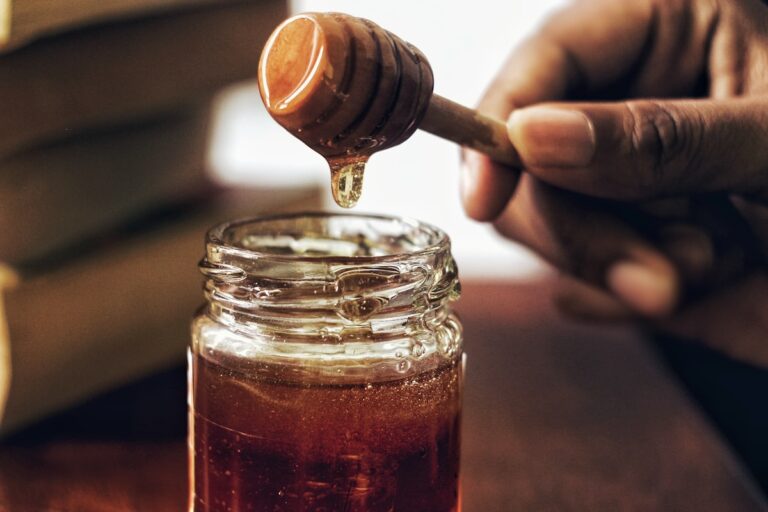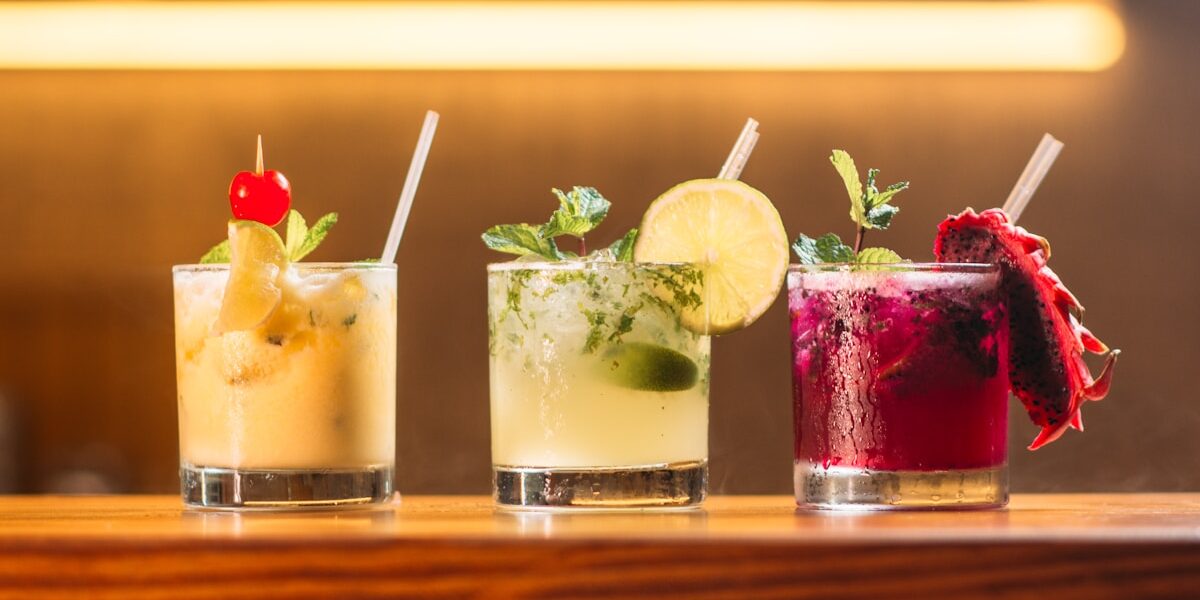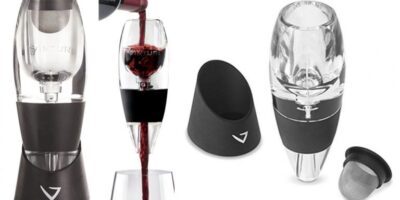
Understanding Vegan Wine: What Makes a Wine Vegan?
Vegan wine has gotten complicated with all the labeling inconsistencies and hidden animal products flying around. As someone who helped dozens of vegan customers navigate wine selections over years in retail, I learned everything there is to know about what actually makes wine vegan versus just plant-based ingredients. Today, I will share it all with you.
Fining Agents in Wine
Fining is a clarification process used to remove unwanted particles from wine. Here’s the surprising part: the wine industry routinely uses animal-derived products as fining agents. That’s what makes vegan wine labeling endearing to us conscious consumers – it exposes how many “hidden” animal products exist in supposedly plant-based products.
Common animal-based fining agents include:
- Isinglass: Derived from fish bladders. Yes, really.
- Gelatin: Comes from animal bones and connective tissues.
- Casein: A protein found in milk.
- Egg whites: Known as albumin in the winemaking world.
These agents bond with suspended particles and are then filtered out. However, trace amounts can remain in the final wine, which technically makes it non-vegan.
Alternatives to Animal-Derived Fining Agents
Winemakers producing vegan wine turn to plant-based or synthetic alternatives that work just as well:
- Bentonite: A type of clay that’s effective at clarifying wine.
- Activated charcoal: Used for filtering and refining.
- Pea protein: A modern, plant-based option that’s gaining popularity.
Probably should have led with this section, honestly. Some winemakers skip fining altogether, relying on natural sedimentation. This means the wine gets labeled as unfined or unfiltered, which often appeals to natural wine enthusiasts as well as vegans.
Vegan Certification and Labels
Vegan wines aren’t clearly labeled like other food products, which is frustrating. However, some wineries seek vegan certification from organizations like Vegan Society or Vegan Action. These certifications ensure no animal products are used at any stage of production.
Some labels simply state the wine is vegan or highlight the use of plant-based fining agents. Checking for vegan certification or specific mentions in product descriptions helps identify suitable wines, though you often need to research online rather than relying on shelf labels.
The Role of Organic and Biodynamic Practices
Organic and biodynamic wines aren’t automatically vegan, which confuses a lot of people. While they focus on natural and chemical-free processes, they might still use animal by-products in fining. For a wine to be truly vegan, it must explicitly avoid any animal-based fining agents, regardless of organic or biodynamic certification.
Biodynamic methods sometimes incorporate animal products in their farming practices, like using cow horn in preparations. This doesn’t affect the final wine directly but matters for strict vegans who care about the entire production chain.
Why Choose Vegan Wine?
Vegans choose these wines to align with their lifestyle of avoiding animal exploitation in all forms. However, others opt for vegan wines for health and ethical benefits beyond veganism. Simplified winemaking often means fewer additives, appealing to health-conscious consumers regardless of dietary restrictions.
Additionally, supporting vegan wines encourages more sustainable and ethical winemaking practices, benefiting the environment and promoting biodiversity in ways that extend beyond animal welfare.
Finding Vegan Wines
Major wine retailers and some supermarkets now categorize vegan wines online or in dedicated sections. Many wineries list vegan-friendly products on their websites. Apps and websites focused on cruelty-free and ethical living often provide databases of vegan wine brands and specific products.
The number of vegan wines is increasing rapidly as awareness grows, so it’s becoming much easier to find suitable options across various price points and styles. You’re no longer limited to a handful of options.
Notable Vegan-Friendly Wineries
Several wineries focus on producing vegan wines worth seeking out:
- Frey Vineyards: An organic and biodynamic winemaker that’s been vegan for decades.
- Brothers Miller: Offers a wide range of vegan products at accessible prices.
- Bonny Doon Vineyard: Known for innovative practices and consistently vegan wines.
Exploring these vineyards demonstrates that vegan wines offer genuine quality and diversity. They’re not compromise wines – they’re just made differently.
The Future of Vegan Wine
The demand for vegan wine is genuinely rising, parallel to the increase in plant-based diets generally. As awareness grows, winemakers are adapting to cater to ethical and health-conscious consumers. We’ll likely see clearer labeling standards and a wider selection of vegan wines on the market in coming years.
With advances in winemaking technology, plant-based alternatives are becoming more accessible and effective. The trajectory looks promising for vegan wine, aligning with broader sustainability trends in the food and beverage industry.
Understanding what makes a wine vegan isn’t just about animal-free ingredients – it’s about the entire winemaking process from vineyard to bottle. With growing options and resources, enjoying a glass of wine that aligns with vegan values has never been easier.



